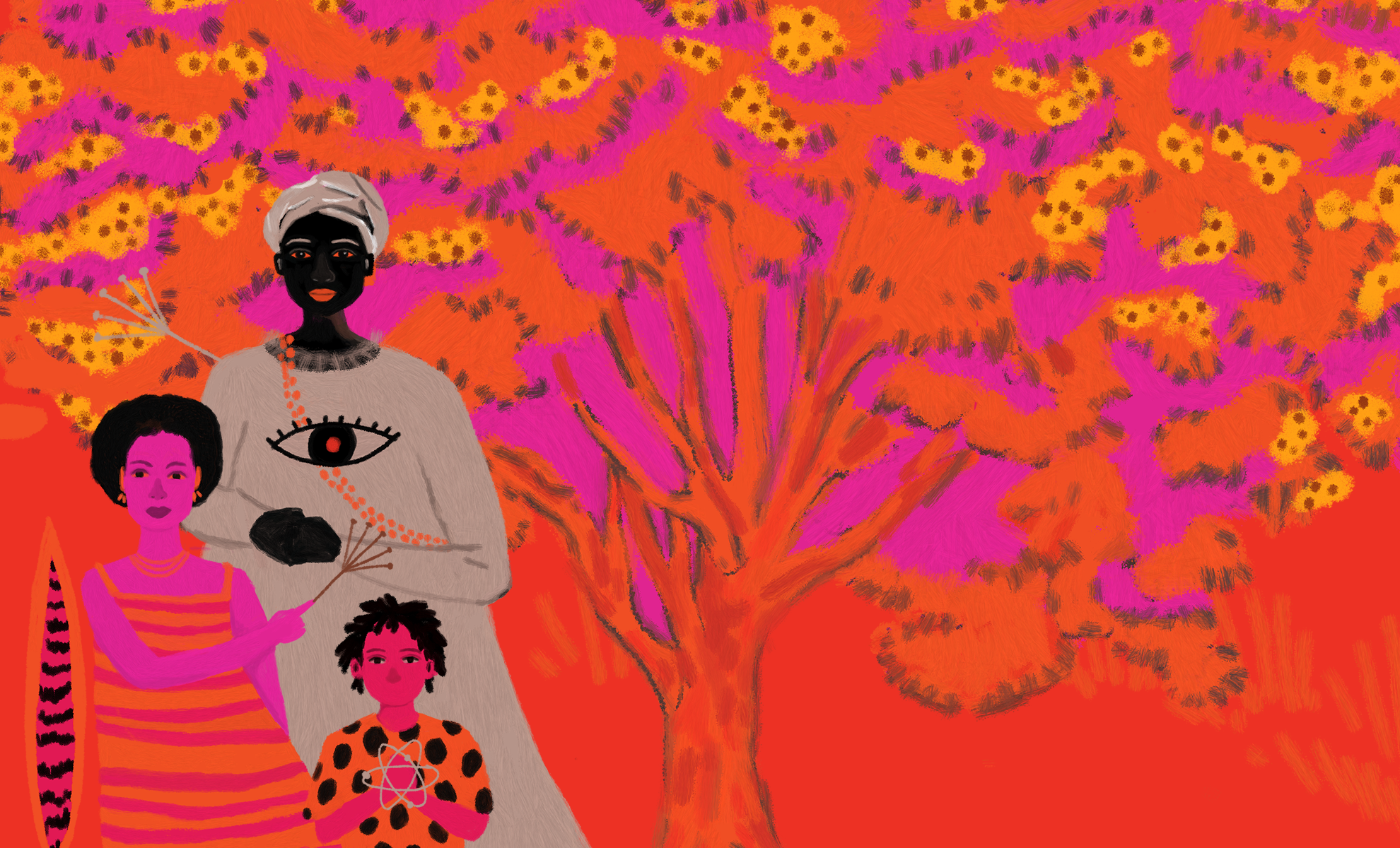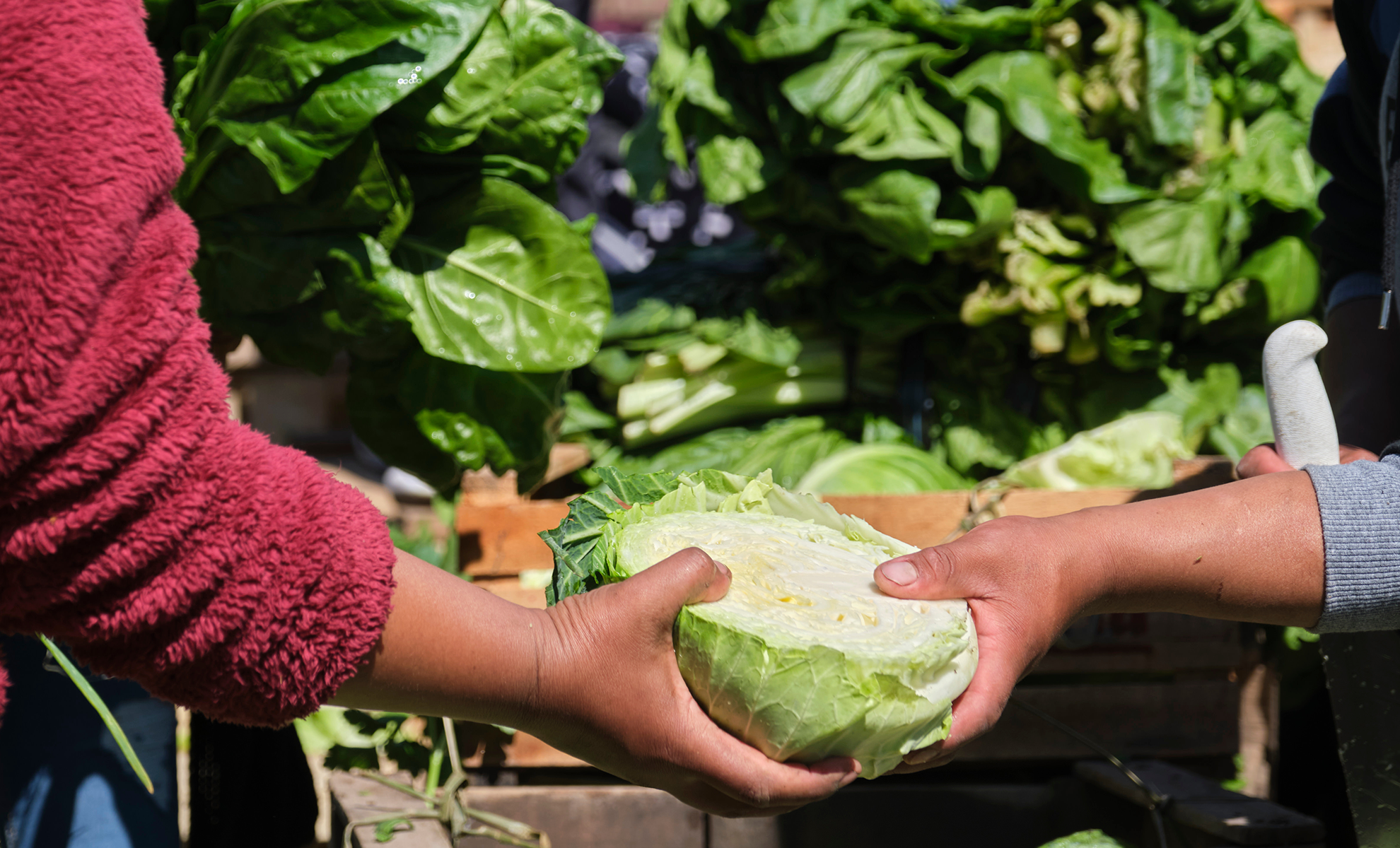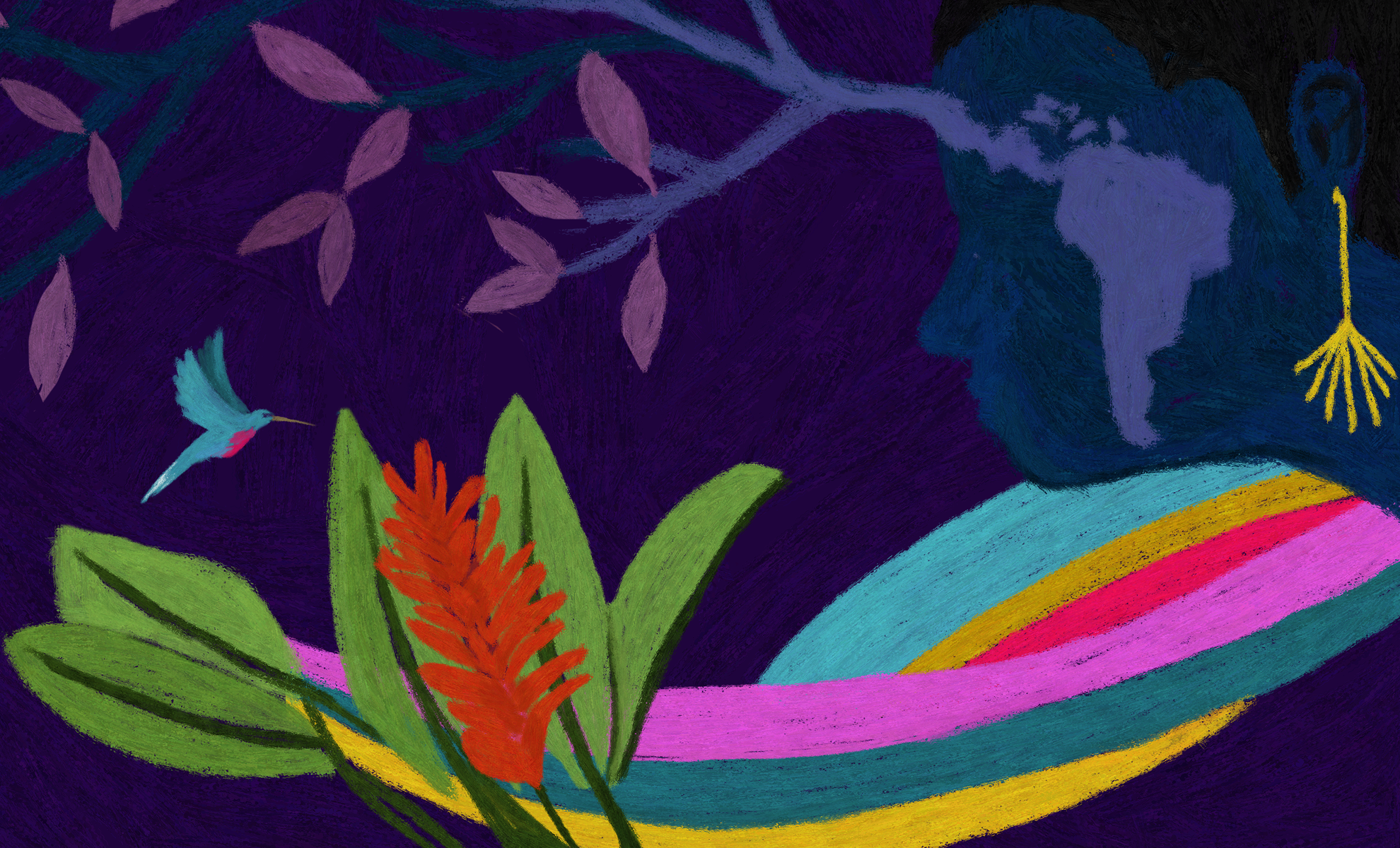




In 2021, Ibirapitanga worked with Pacto, Regenerative Organizations, a consulting service, to conduct an institutional evaluation to understand the effects of its strategies on the ecosystems related to its two programs, Racial Equity and Food Systems, by surveying the perspectives of the organizations we support and critical stakeholders.
The document is broken down into four parts that describe the results. The first section, Effects on Ecosystems (p. 8), provides an overview of the transformations in the political and socioeconomic context of Brazil over these five years and tells how Ibirapitanga’s actions have impacted the fields of racial equity and food systems. Section Two, Effects on grantees (p.17), the results of our listening tour of the organizations we sponsor are presented from the angle of institutional strengthening. The relationship quality between Ibirapitanga and the grantees is described in Section Three, Relationship with Grantees (p.30). Finally, the outlook of sponsored organizations shares their views on Ibirapitanga’s actions in Future Demands and Possibilities for Ibirapitanga as Identified by the Grantees and Key Players (p.37).
Check out some of Ibirapitanga’s highlights and challenges in the initial years of its organization and operation based on the main messages and feedback we got from our grantee organizations and players in the field.
Ibirapitanga is recognized as an essential player in the Brazilian philanthropy ecosystem, particularly in racial equity and food systems. Grantees recognize the Institute’s pioneering role in strengthening the ecosystem of food supply systems in Brazil by seeking more cohesive and significant actions and positioning itself to fight racism. (p. 3)
The grantee organizations recognize Ibirapitanga’s role in strengthening their institutions. The listening tour revealed that the donations and the support, especially the constant follow-up, produced positive effects on the grantees’ actions and their organizations’ management. (p. 3)
“The Ibirapitanga Institute was fundamental in strengthening our performance strategies. With this support, we were able to think not only about the financial sustainability of our organization but also about how to create new products and how to better instrumentalize our employees with courses and training, ensuring the continuity of our work in the medium and long term.
“The Institute’s support has helped us advance networking, thus allowing us to expand and diversify our network of partners in organized civil society, which ultimately helps us to create a more diverse organizational culture.”
“Ibirapitanga’s support has enabled and activated the internal review and enhancement processes in our [organization’s] conceptions, spaces and management tools. The support has been critical in enabling the establishment of a permanent management core, which has been conducting the diagnosis and the progressive introduction of new management culture and methods.”
The grantees linked to the Food Systems program were especially vocal about Ibirapitanga’s role in having closer collaboration, all of which improved their work on essential aspects of the ecosystem. (p. 3)
“The exchanges with other institutions in this area are usually vibrant: it broadens connections between players, generates new projects/partnerships, and creates a favorable environment for developing new ideas. The strengthening of this ecosystem leads to another contribution of Ibirapitanga, which is to increasingly publicize the concept of ‘food systems and make it more prominent in the public debate.”
The importance of Ibirapitanga’s stance on racial equity as its strategic agenda, rather than as a cross-cutting theme, came up repeatedly. This approach is understood as a benefit for racial justice, not only by raising the profile of this topic but also by expanding donations that focus on it. (p. 3)
“Ibirapitanga joins an ecosystem that (…) will raise the bar for antiracist struggles, and thus helps to identify and develop leaders (…) and to broaden the impact of the work of key institutions.”
“Ibirapitanga has been instrumental in sustaining and broadening the cause of Black political subjects and championing white antiracist actions.”
Grantees have identified the willingness to dialogue as a valued characteristic. In their view, the dialogue has been useful for mutual understanding, improving ideas, co-creating proposals, and for a better implementation of the projects. They also report that this approach has respected their autonomy. (p. 4)
“The practice of inviting us to speak really shows an openness to grow, to transform oneself. These opportunities are very enriching because they are not very common. It really puts Ibirapitanga on another level in terms of dialogue.”
“There is one thing about Ibirapitanga that I think is very cool. They dialogue and listen. Ibirapitanga is a very good place to work in partnership.”
The report also points out some challenges, including (1) expanding the geographical distribution of donations, especially in the North, Northeast, and Midwest regions of Brazil; (2) broadening its presence in the 2022 political/electoral debate; (3) expanding the institutional strengthening practices of grantees; (4) creating more interconnections between the food supply systems and racial equity agendas; and (5) increasing the capacity of political action on agendas related to its programs.
“Ibirapitanga could further diversify the [Racial Equity] portfolio. Diversify geographically as well. Not just in terms of agenda but further nationalize the process.”
“Maybe Ibirapitanga could raise the profile of this [regional diversification]. How do you reach the organizations working in Brazil as a whole? Many organizations support the Amazon through a climate, or a social lens. But Ibirapitanga works on food supply systems; I don’t know if it’s looking at every region of the country with the same weight.”
“I think there is a huge intersection between the food supply system and racial equity, and not many people talking about it. And, gosh, if Ibirapitanga is the organization working on both of these areas, why not foster that intersection? Since food racism exists, there’s a severe issue there!”















